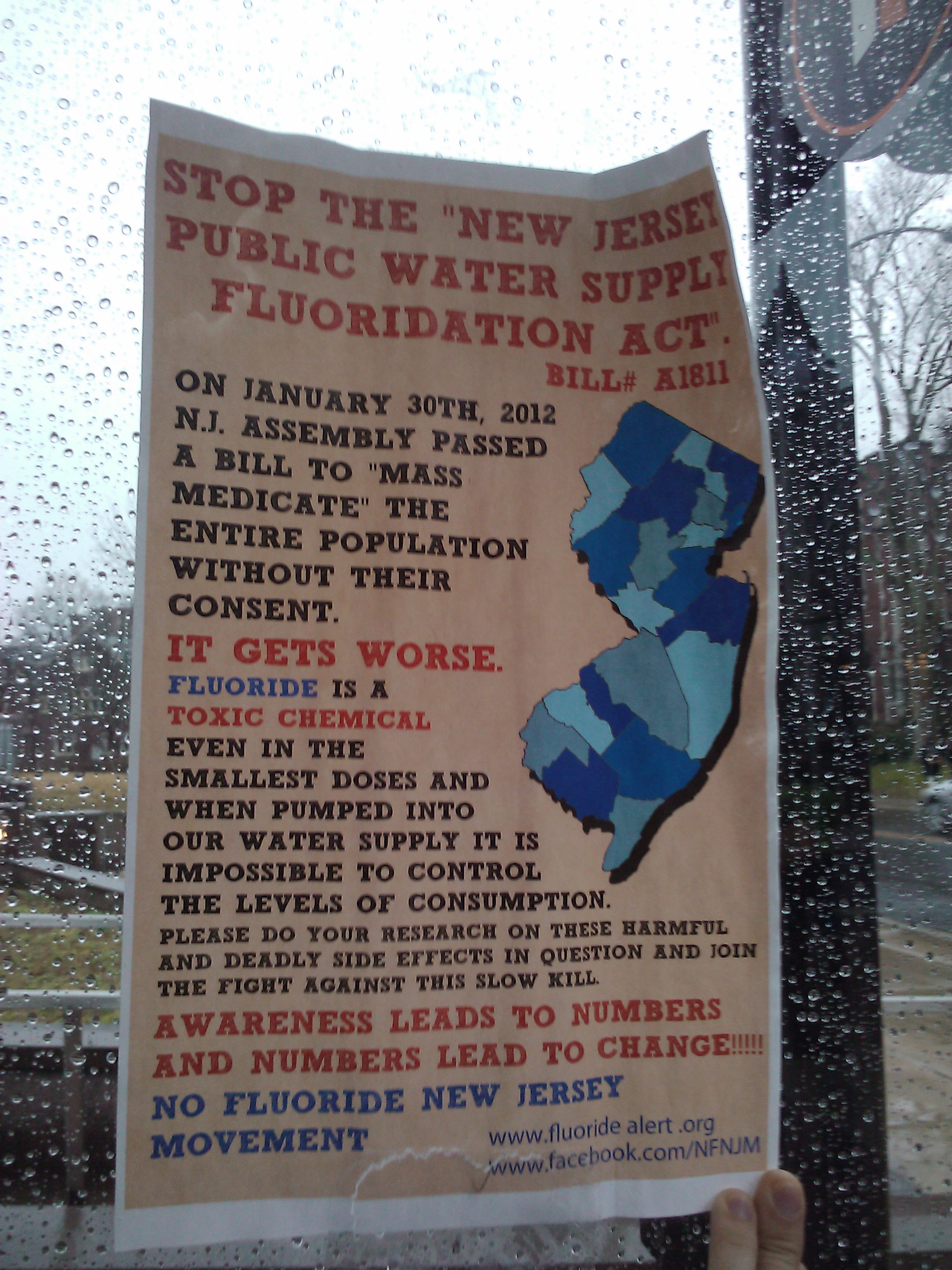I've been remiss in blogging lately, but my excuses are excellent for once. Princeton has an odd academic schedule with finals after the winter / Christmas holidays. So after spending a couple weeks in Arkansas visiting family it was back to cold (but not as cold as usual) New Jersey to study for finals, write papers, and take exams, all in the middle of January.
For normal students -- i.e., those who are used to finishing final exams before Christmas and actually having a mental break over the holidays -- this schedule is unpleasant. But it has one upside: last week was intersession, a one-week break where the fall semester is completely done and the spring semester and its obligations have yet to begin, and Woodrow Wilson students (in the vernacular, "Woos") traditionally plan group vacations.
One group went to Colombia for the week, another to the Dominican Republic, and various individuals and small groups jaunted off to exotic locales like Paris and Florida. I opted for the low-cost, low-energy Puerto Rico group. Sixteen of us rented a condo and this house (which I highly recommended) in Luquillo Beach and enjoyed this for a week:

Needless to say the stress of finals was washed away and we Woos are both more tanned and less loathe to start the spring semester. Today was our first day of classes so I'm still figuring out which classes I'll be taking, but this seems like a good moment to pause and celebrate:
I'm officially halfway through grad school! 1.5 years down, 1.5 to go. So far I've done:
- 4 quarters of coursework at Hopkins (9 months)
- a summer interning with the NYC Dept of Health (3 months)
- and the fall semester at Princeton (6 months)
Still to go:
- this spring semester at Princeton (4 months)
- June through January: a yet-to-be-determined internship abroad to fulfill internship requirements for Princeton and practicum and remaining degree requirements for Hopkins (8 months)
- and a final semester at Princeton in the spring of 2013 (4 months)
I'm happy with my course of study so far, and have largely concentrated on the comparative advantage of each school and program: epidemiology, infectious disease, and other public health courses at Hopkins and economics and more general public policy courses at Princeton. For more details on the two programs (for instance, if you're considering programs like these) click below the fold...
I don't typically blog much about my classes because a) it is difficult and awkward to comment on a class in progress, and b) you might be quite bored since one of several reasons formal education exists is to force students to learn subjects more systematically and in-depth then we might otherwise care to pursue in the course of regular pleasure reading. So I avoid writing about the minutiae of classes -- but am happy to talk if you're considering either of the programs I'm in. One major difference I've mentioned before is that Hopkins is on the quarter system (four terms between August and May) whereas Princeton does semesters (two terms between August and May).
Now that I've finished a semester at Princeton I can say that by comparison the quarter classes aren't exactly a whole semester's worth of material crammed into half the time, but they're definitely more than half. I'd say on average (a very rough approximation!) I learned about two-thirds as much material in a quarter-length class as in a semester one.
As for what classes I've taken, I think they're fairly illustrative of the focus of both programs. As my interests continue to solidify around the implementation and evaluation of large-ish health programs, I think I'll end up using a lot of tools and knowledge from both programs. My course load has also been fairly typical for both programs:
Hopkins MSPH (Global Disease Epidemiology and Control)
I took 16 quarter-length classes for credit, five seminars for credit, and was a teaching assistant in one course:
- Biostatistics (4 terms)
- Large-scale Effectiveness Evaluations of Health Interventions
- Design and Conduct of Community Trials
- Global Disease Control Programs and Policies
- Vaccine Policy Issues
- Vaccine Development and Application
- Epidemiologic Methods (2 terms)
- Professional Epidemiology Methods
- Epidemiology and Public Health Impact of HIV/AIDS
- Infection, Immunity and Undernutrition (as a teaching assistant)
- Introduction to International Health
- Environmental and Population Health in Emergencies
- Health Behavior Change at the Individual, Household and Community Levels
- along with one term of a vaccine seminar and four terms of a seminar for my track
Princeton Woodrow Wilson School MPA (Economics and Public Policy track):
Students typically take 4-5 classes per semester, but as a dual degree student I'll do three semesters instead of four. Classes I've completed or must take because they're required:
- Microeconomics*
- Macroeconomics*
- Econometrics*
- Generalized Linear Statistical Models**
- Politics of Public Policy
- Psychology of Public Policy
- Comparative Political Economy of Development
Others I might take this spring or next spring (my final semester) to complete requirements:
- Health and Inequality in the World
- Financial Management
- Economic Analysis of Development
- Microeconomic Analysis of Government Activity
- International Trade
- and so forth...
Footnotes:
* - these core courses, along with a first-semester stats course, are offered at varying levels for students with different math backgrounds
** - most students take an introductory statistics/quantitative course followed by econometrics, while some students opt in to the linear models course instead.


